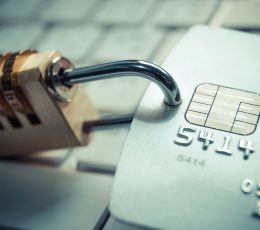Impersonation Scam
In an impersonation scam, fraudsters pretend to be someone you trust, your bank, a government agency, a utility company, or even a family member, to trick you into sending money or giving away personal information.
These scammers use phone calls, texts, emails, and even social media to fool you into thinking the request is real.
Look for these red flags:
| Bank or Credit Union | Claim your account was compromised and request login info or one-time codes. |
| Government Agencies | Pretend to be from the IRS, Social Security, or Medicare, threatening arrest or benefit loss unless you pay immediately. |
| Law Enforcement | Claim you missed jury duty or have a warrant, demand payment via wire or gift card. |
| Utility Company | Threaten to shut off service unless you pay a “past due” bill right away. |
| Family or Friends | “Hi Grandma, I’m in trouble…”, request urgent funds for medical bills, bail, or travel. |
| Tech Support | Fake pop-up or call saying your computer is infected and needs remote access. |
Protect Yourself from Impersonation Scams
– Hang up and call the organization directly using a verified number
– Pause before acting on any urgent request
– Verify identity; ask questions only the real person would know
– Use multi-factor authentication on all accounts
– Sign up for account alerts to monitor activity
– Don’t trust the caller ID — it can be faked (spoofed)
– Don’t share personal or financial information with unverified contacts
– Don’t click on links or open attachments from unexpected messages
– Don’t pay someone who demands secrecy



